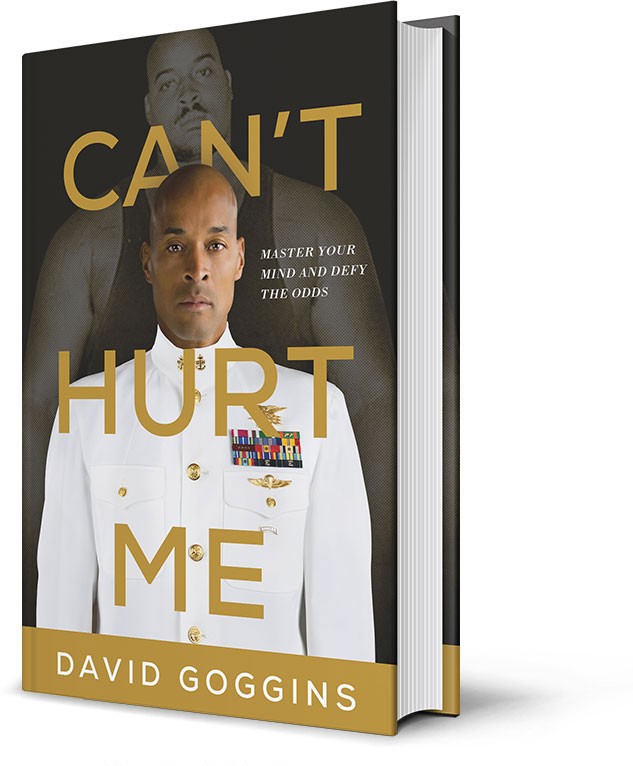In “Can’t Hurt Me” David Goggins’, childhood was a nightmare – poverty, prejudice, and physical abuse colored his days and haunted his nights. But through self-discipline, mental toughness, and hard work, Goggins transformed himself from a depressed, overweight young man with no future into a U.S. Armed Forces icon and one of the world’s top endurance athletes.
Dr. Daneen Skube,
Tribune Content Agency
Q: I enjoy reading personal growth books. They always talk about being present. I do not see how this would help me as my present is stressful. Why do so many personal growth teachers recommend being in the “now.” How would it help my work to be present anyway?
A: The reason that being present would help your work is the only way we can engage our reality is in moment that is now available. Yes, the price is we have to experience everything going on within us and around us and that can be stressful.
Even though being in the now can reveal upsetting truths, what we feel we can heal.
Think of feelings as being emotional riptides that if you relax pull you off shore. As the riptide pulls you away from familiar land, you may feel afraid. But, if you relax, the current will only take you a little ways off shore and then you can swim parallel to shore and come back to land.
Fighting a rip tide will only result in your drowning. Fighting an internal emotion will only exhaust and upset you. Think of each emotion as different colors of energy. Sadness dissolve our past. Anger fuels change. Fear keeps us safe. Joy motivates us. In the now, we can use each emotion to drive a solution.
If you avoid your present moment because the color of energy you experience is one you judge as wrong, then you lose the benefits of that energy. No emotion is wrong, although behaviors you may chose when you’re upset can be destructive to yourself or others.
There’s an highly effective therapy called Dialectical Behavior Therapy (DBT). The main point of this therapy is our ability to act well when we feel bad. This is central to effectiveness in life and work. How can we regulate our emotions, if we refuse to be present in the now when the emotions are happening?
Try this exercise to discover the how of the now: Sit on your couch making sure you are warm, your back is straight, and close your eyes. Scan your body, starting at your head while you pay attention to all the physical sensations. Lastly, listen to your feelings and observe. Now listen to the chatter in your mind. The point of this exercise is to observe, not change, and breathe.
When you open your eyes, what did you discover about what’s happening to you now? Remember, in this exercise you are allowing yourself to be conscious. Just be, and breathe. You’ll notice that being present, no matter what you discover, will calm you and make it easier for you to think.
We do not know what the future will bring, but we can guarantee many moments of now will continue to be uncomfortable. Being in the now we lean into each moment no matter how uncomfortable, and consider discomfort life’s swimming lesson.
I frequently think of people who have an illness that makes them unable to feel physical pain. These people hurt themselves all the time because their bodies do not give them feedback. No matter how painful the now may be, your present moment is giving you essential feedback for your long-term well-being.
The last and most powerful how of the now is the more we take care of our present, the better our future becomes. When we fail to show up in our now, we mortgage our future because our decision making is impoverished without the data of our present.
On Monday morning, no matter your judgments, opinions, or thoughts about your now, start the habit of now and see what you discover. The discomfort of the now is temporary, but the wisdom and improved decision making you’ll gain are permanent.
Daneen Skube, Ph.D., executive coach, trainer, therapist and speaker. She’s the author of “Interpersonal Edge: Breakthrough Tools for Talking to Anyone, Anywhere, About Anything” (Hay House, 2006). You can contact Dr. Skube at www.interpersonaledge.com or 1420 NW Gilman Blvd., #2845, Issaquah, WA 98027. Sorry, no personal replies.




